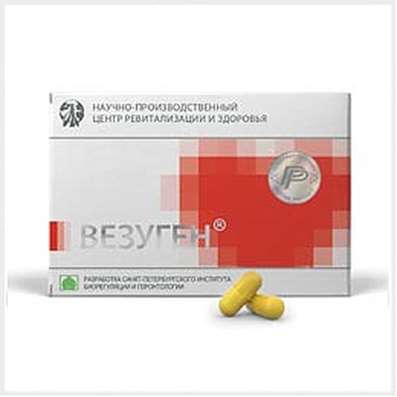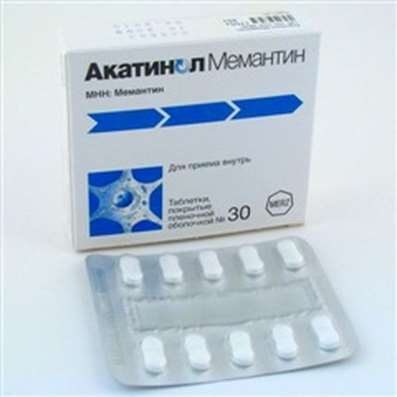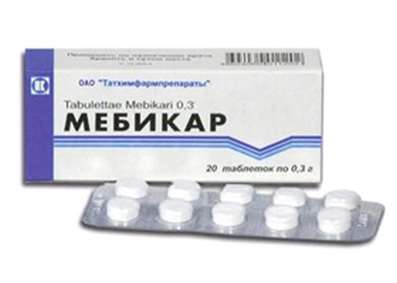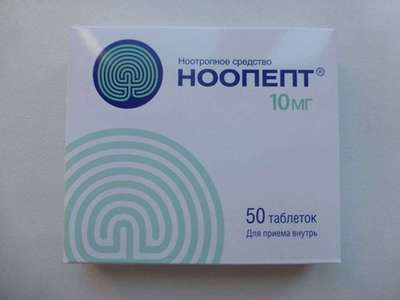Instruction for use: Menadione sodium bisulfite
I want this, give me price
Trade name of the drug – Vicasol, Vikasol-Vial, Vikasol-Darnitsa, Vikasol solution for injections 1%, Menadione sodium bisulfate
The Latin name of the substance Menadione sodium bisulfite
Menadioni natrii bisulfis (genus. Menadioni natrii bisulfitis)
Chemical name
2-Methyl-1,4-naphthalenedione sodium sulfonate
Gross formula
C11H9NaO5S
Pharmacological group:
Coagulants (including coagulation factors), hemostatics
The nosological classification (ICD-10)
D67 Hereditary factor IX deficiency: Congenital factor IX deficiency; Congenital deficiency of the coagulation factor IX; Hemorrhagic syndrome with factor IX deficiency; Hemophilia B; Hemophilia B with a factor IX inhibitor; Hemophilia B in children; Deficiency of the coagulation factor IX; Inhibitory form of hemophilia; Inhibitory form of hemophilia B; Coagulopathies are hereditary; Bleeding and haemorrhage in hemophilia B; Bleeding with acquired or congenital deficiency of factor IX; Hereditary hemophilia
D68.9 Violation of coagulation, unspecified: Multiple bleeding; Violation of blood clotting; Reduced blood clotting; Coagulopathies acquired
I78 Diseases of capillaries
K73 Chronic hepatitis, not elsewhere classified: Inflammatory liver disease; Hepatitis autoimmune; Hepatitis chronic; Infection of the liver; Chronic hepatitis with signs of cholestasis; Chronic reactive hepatitis; Chronic persistent hepatitis; Chronic infectious hepatitis; Chronic active hepatitis; Chronic inflammatory liver disease; Autoimmune Hepatitis; Chronic hepatitis is aggressive
K92.2 Gastrointestinal bleeding, unspecified: Gastrointestinal and intestinal bleeding; Acute bleeding from the upper gastrointestinal tract; Gastric bleeding; Gastrointestinal bleeding; Intraoperative abdominal bleeding; Intestinal bleeding; Bleeding in the upper part of the digestive tract; Bleeding gastrointestinal; Bleeding from the upper gastrointestinal tract; Bleeding from the digestive tract; Bleeding intraoperative abdominal; Recurrent bleeding in the digestive tract; Diagnosis of bleeding from the small intestine; Ulcer bleeding; Mallory-Weiss syndrome; Recurrent bleeding from peptic ulcers; Bleeding gastric
N93 Other abnormal bleeding from the uterus and vagina: Atonic uterine bleeding; Prolonged menstruation; Blood loss during menstruation; Bleeding from the genitourinary system; Bleeding uterine dysfunctional; Bleeding from the genital tract of organic etiology; Uterine bleeding; Menorrhagia with fibroids; Functional uterine bleeding; Abnormal bleeding from the genitals in women
R04.0 Epistaxis: Nasal bleeding; Nasal bleeding; Epistaxis
R04.8 Bleeding from other parts of the respiratory tract
R58 Bleeding, not elsewhere classified: Abdominal apoplexy; Hemorrhagia; Haemorrhage of the esophagus; Hemorrhage; Generalized bleeding; Diffuse bleeding; Diffuse bleeding; Prolonged bleeding; Blood loss; Blood loss during surgical interventions; Bleeding during surgery and in the postoperative period; Bleeding during labor; Bleeding and haemorrhage in hemophilia B; Bleeding from the gums; Bleeding intraoperative abdominal; Bleeding against a background of coumarin anticoagulants; Hepatic hepatitis; Bleeding in hemophilia A; Bleeding at hemophilia A; Bleeding with inhibitory forms of hemophilia A and B; Bleeding due to leukemia; Bleeding in patients with leukemia; Bleeding; Bleeding due to portal hypertension; Bleeding due to hyperfibrinolysis; Drug bleeding; Local bleeding; Local bleeding due to activation of fibrinolysis; Massive blood loss; Acute blood loss; Parenchymal hemorrhage; Hepatic bleeding; Postoperative hemorrhage; Kidney bleeding; Vascular-platelet hemostasis; Traumatic bleeding; Threatening bleeding; Chronic blood loss
T45.5 Antikoagulant poisoning: Overdose of heparin; Overdose of neodikumarina; Overdose of anticoagulants coumarinic and indanedione; Overdose of anticoagulants of indirect action; Overdose of indirect anticoagulants; An overdose of anticoagulants; Overdose of anticoagulants or fibrinolytics
T81.0 Bleeding and hematoma complicating the procedure, not elsewhere classified: Bleeding in the postoperative period; Bleeding during transfusion; Bleeding during operations on the brain; Bleeding during surgical interventions; Bleeding after colorectal interventions; Bleeding after prostatectomy; Bleeding during surgery and in the postoperative period; Bleeding due to surgery on the prostate and urinary tract
CAS code
130-37-0
Characteristics of the substance Menadione sodium bisulfite
Synthetic water-soluble analogue of vitamin K.
Pharmacology
Mode action- hemostatic.
Increases coagulability of blood by increasing the production in the liver of factors II, VII, IX, X. The effect manifests itself 12-18 hours after the / m introduction. In the blood, prothrombin (factor II) in the presence of thromboplastin and calcium ions, with the participation of proconvertin (factor VII), factors IX and X passes into thrombin, under the influence of which fibrinogen turns into fibrin, which forms the basis of a blood clot (thrombus). With a deficiency of vitamin K, whose synthetic homologue is menadione, there is increased bleeding. Substrate stimulates K-vitamin reductase, activating vitamin K and ensuring its participation in hepatic synthesis of K-vitamin-dependent plasma factors of hemostasis. After the / m introduction is easily and quickly absorbed. After a cycle of metabolic activation, it is oxidized to a diol form. It is excreted by the kidneys.
Application of the substance Menadione sodium bisulfite
Bleeding (bleeding) in the background of hypoprothrombinemia: obstructive jaundice, hepatitis, parenchymal and capillary bleeding in wounds, surgical operations, ulcer and radiation sickness; Hemorrhoidal, uterine, pulmonary and prolonged nasal bleeding; Hemorrhagic phenomena in prematurity; Overdose of neodikumarina and other indirect anticoagulants.
Contraindications
Hypersensitivity, hypercoagulation, thromboembolism, hemolytic disease of the newborn.
Side effects of Menadione sodium bisulfite
Hemolytic anemia, hyperbilirubinemia, jaundice, especially in prematurity, hemolysis in newborns with congenital deficiency of glucose-6-phosphate dehydrogenase.
Interaction
Weakens the effects of indirect anticoagulants.
Routes of administration
Inside, IM.

 Cart
Cart





